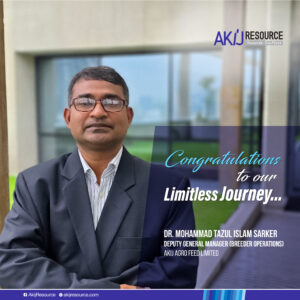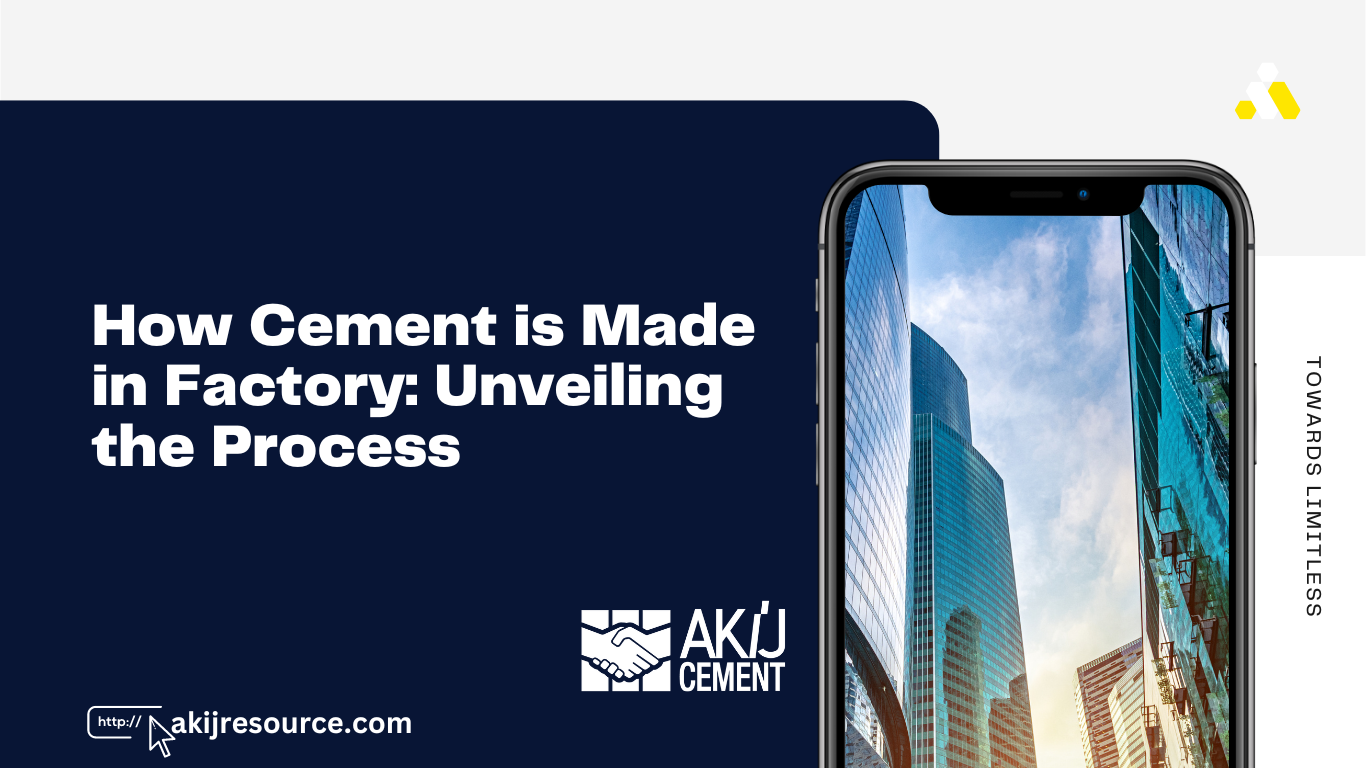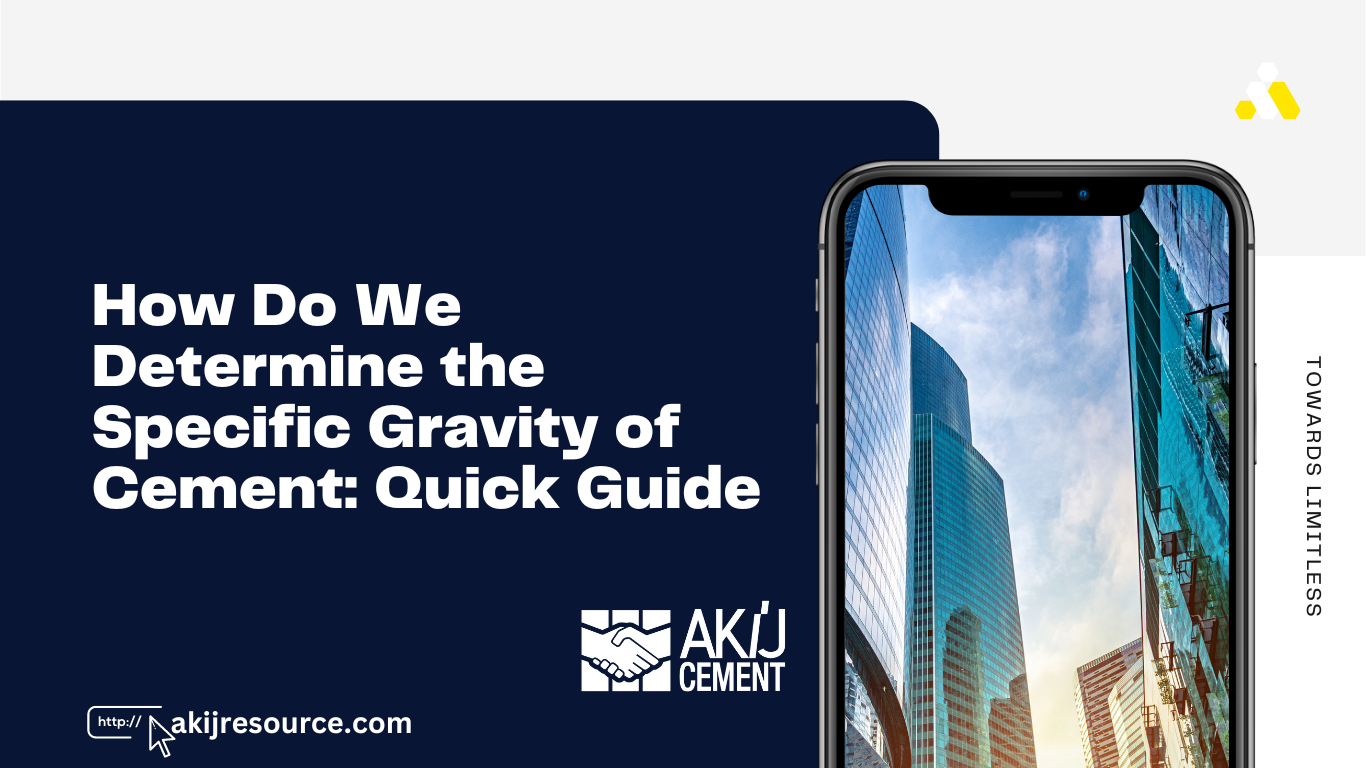Cement production is crucial for building infrastructure. In Bangladesh, this industry is growing fast. But it also faces challenges. One solution is Artificial Intelligence (AI). Let’s explore how AI is enhancing cement production in Bangladesh.
Understanding Cement Production
Cement production involves several steps. Raw materials like limestone and clay are heated. This forms a substance called clinker. The clinker is then ground to make cement. It’s a complex process that needs precision.
The Challenges in Cement Production
Cement production has many challenges. These include:
- High energy consumption
- Environmental impact
- Maintaining quality
- Optimizing costs
These challenges require innovative solutions. This is where AI comes in.
What is Artificial Intelligence (AI)?
AI is the ability of machines to perform tasks that usually need human intelligence. These tasks include learning, decision-making, and problem-solving. In cement production, AI can make processes more efficient and effective.
How AI is Enhancing Cement Production
AI is used in many ways to improve cement production. Let’s look at some key areas:
1. Predictive Maintenance
Machines in cement plants need regular maintenance. Unexpected breakdowns can cause delays and cost money. AI helps predict when machines need maintenance. This is called predictive maintenance.
AI analyzes data from sensors on machines. It looks for patterns that indicate wear and tear. This helps in scheduling maintenance before a breakdown occurs. It saves time and money.
2. Process Optimization
AI can optimize the entire cement production process. It uses data to make real-time decisions. This includes adjusting temperatures and mixing ratios. AI ensures that the process is efficient and produces high-quality cement.
3. Energy Management
Energy is a major cost in cement production. AI helps in managing energy use. It analyzes data to find ways to reduce energy consumption. This not only saves money but also reduces the environmental impact.
4. Quality Control
Maintaining the quality of cement is crucial. AI helps in quality control by analyzing data from various stages of production. It can detect any deviations from the set standards. This ensures that the final product is of high quality.
5. Supply Chain Management
AI also enhances supply chain management. It helps in predicting demand and managing inventory. This ensures that there is no shortage or excess of raw materials. It streamlines the entire supply chain, making it more efficient.

Credit: www.mdpi.com
The Benefits of AI in Cement Production
Using AI in cement production offers many benefits. These include:
- Increased efficiency
- Reduced costs
- Improved quality
- Lower environmental impact
- Better decision-making
These benefits make AI a valuable tool in cement production.
Case Study: AI in Cement Production in Bangladesh
Bangladesh is embracing AI in cement production. Several cement plants have started using AI technologies. Let’s look at a case study.
Abc Cement Plant
ABC Cement Plant is one of the largest in Bangladesh. They started using AI two years ago. The results have been impressive.
| Before AI | After AI |
|---|---|
| High energy costs | 20% reduction in energy costs |
| Frequent machine breakdowns | 30% reduction in breakdowns |
| Inconsistent quality | Improved quality control |
ABC Cement Plant is now more efficient and cost-effective. They are also producing higher quality cement. This success is encouraging other plants to adopt AI.

Credit: holtecnet.com
Future of AI in Cement Production
The future of AI in cement production looks promising. As technology advances, AI will become even more powerful. Here are some future trends:
- More advanced predictive maintenance
- Better process optimization
- Enhanced energy management
- Improved quality control
- Smarter supply chain management
These trends will make cement production even more efficient and sustainable.
Frequently Asked Questions
How Is Ai Used In Cement Production?
AI optimizes cement production by enhancing process control, reducing waste, and improving energy efficiency.
What Benefits Does Ai Bring To Cement Plants?
AI improves operational efficiency, reduces costs, and ensures consistent product quality.
How Does Ai Improve Cement Quality?
AI monitors production parameters in real-time, ensuring optimal quality control.
Is Ai Cost-effective In Cement Manufacturing?
Yes, AI reduces operational costs and enhances efficiency, leading to long-term savings.
Conclusion
AI is transforming cement production in Bangladesh. It offers solutions to many challenges in the industry. From predictive maintenance to quality control, AI is making processes more efficient and effective. The benefits are clear: reduced costs, improved quality, and lower environmental impact. Revolutionizing cement production, AI is enabling companies to optimize their operations and make data-driven decisions. This technology also allows for better resource allocation and energy management, leading to significant improvements in overall productivity. With AI’s ability to analyze large volumes of data and identify trends, the future of cement production in Bangladesh is looking brighter than ever.
As more cement plants adopt AI, the industry will continue to grow and improve. The future of cement production in Bangladesh looks bright with AI.





















